3 Chapbook Reviews: Loving and Living in Louisiana
Sometimes, place is an obvious theme or motif in a work, while other times it informs a work in a subtler but still necessary way.
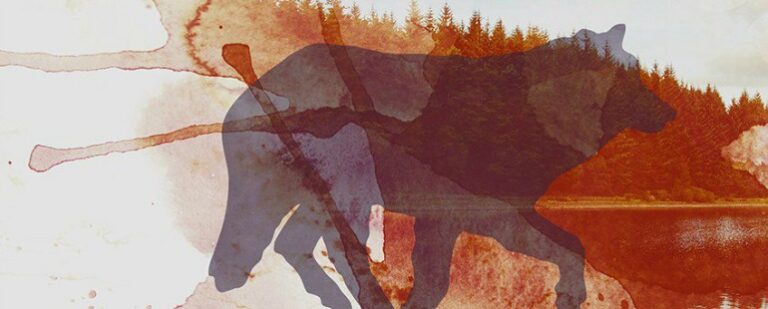
Sometimes, place is an obvious theme or motif in a work, while other times it informs a work in a subtler but still necessary way.
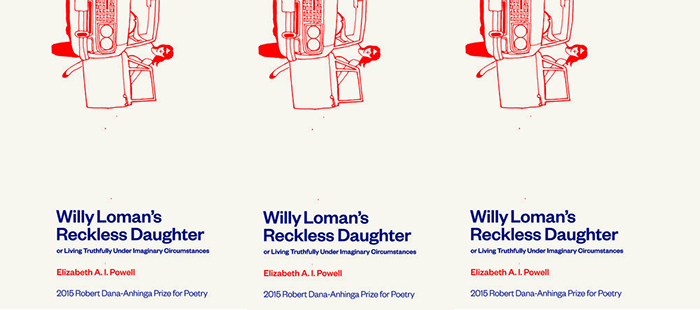
In this fantastic collection what is evident from the get-go is that the speaker is most definitely a daughter. She is also a wife, a mother, a woman of the deep heart and spirit. Reckless? No. Or, yes, if the heart is a reckless landscape of emotive temperaments, shifts, mannerisms, funky phantoms of hipness and insight, then, yes, reckless.
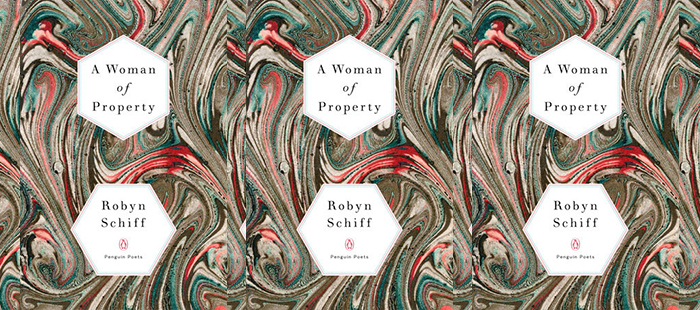
A new kind of writing about motherhood may be emerging. Rachel Zucker’s and Arielle Greenberg’s Home/Birth, Brenda Shaughnessy’s Our Andromeda, Eula Biss’s On Immunity, and Maggie Nelson’s The Argonauts, for example, are conscious in a contemporary way about new possibilities of childbearing and parenting, about choices and agency, yet also connect to tradition. Robyn Schiff’s new book adds another dimension to this emergent canon by summoning the uncanny.
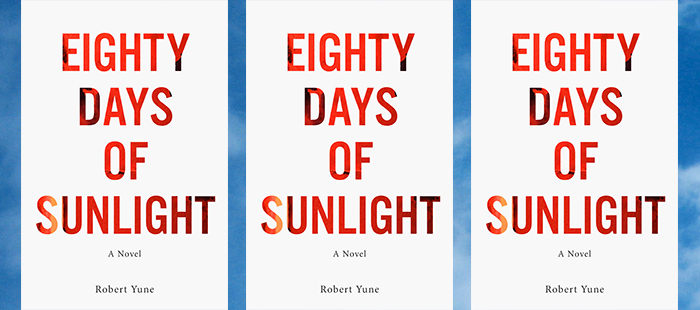
As Yune crafts a story of family ties and gently illustrates the breakdown of said family, his characters come to life through dry wit, keen observation and just enough boob jokes to make readers truly feel like they’re spending time with men in their twenties.
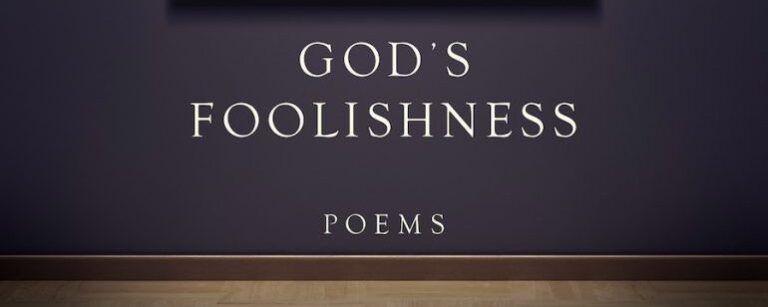
William Wenthe’s latest collection, God’s Foolishness (winner of the L.E. Phillabaum Poetry Award with LSU Press), begins in mid-August, weighted with back to school and the anticipation for new opportunities . . . but also the dissatisfaction of unfulfilled goals.
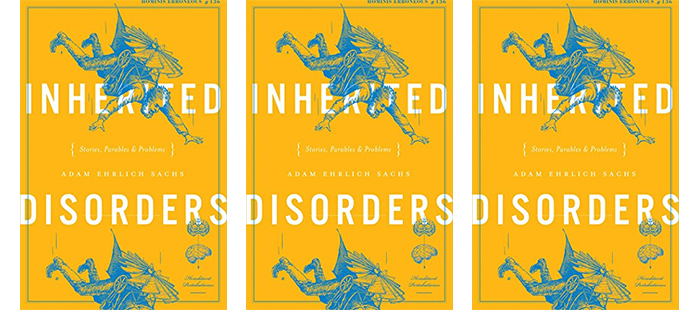
The shorts are wide-ranging. Some are heartbreaking in less than 500 words; others are unexpectedly hilarious whether outright or with a darker flavor to their humor. Disorders is a contemporary stable of parables not only about fathers and sons, but about the everyday struggle to live one’s life in another’s shadow and about the failure to meet another’s expectations.
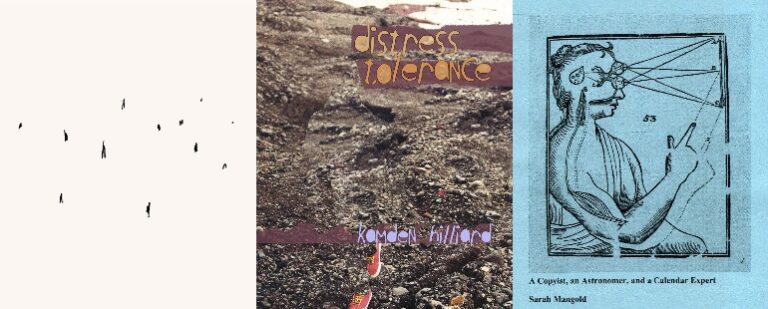
For August, I read three chapbooks that dealt with ideas of past, present, and future in both overlapping and contrasting ways. They also each somehow dealt with ideas of spaces that became place for the writers, though sometimes these places were more about time than physical geography.

Helen Macdonald’s choice to raise and train a goshawk in the wake of her father’s death is a decision tied inexorably to the notion of “wild” life and land. H is for Hawk is a sensitive, fraught, and unexpected memoir of land and what it means to be wild.

In her miniature portraits of a failed salesman transformed through food, a forgetful elderly woman, a young woman making dinner for a sometime-boyfriend at the same moment that he is dying, Flick examines seduction and heartbreak, the complications of new relationships, the dynamics of long-time ones, love, loss, and devastation.
No products in the cart.